Anger hurts. It’s a reaction to not getting what we want or need. Anger escalates to rage when we feel assaulted or threatened. It could be physical, emotional, or abstract, such as an attack on our reputation.
When we react disproportionately to our present circumstance, it’s because we’re really reacting to something in our past event – often from childhood.
Codependents have problems with anger. They have a lot of it for good reason, and they don’t know how to express it effectively. They’re frequently in relationships with people who contribute less than they do, who break promises and commitments, violate their boundaries, or disappointment or betray them. They may feel trapped, burdened with relationships woes, responsibility for children, or with financial troubles. Many don’t see a way out yet still love their partner or feel too guilty to leave.
Codependency Causes Anger and Resentment
Codependent symptoms of denial, dependency, lack of boundaries, and dysfunctional communication produce anger. Denial prevents us from accepting reality and recognizing our feelings and needs. Dependency on others spawns attempts to control them to feel better, rather than to initiate effective action. But when other people don’t do what we want, we feel angry, victimized, unappreciated or uncared for, and powerless – unable to be agents of change for ourselves.
Dependency also leads to fear of a confrontation. We prefer to not “rock the boat” and jeopardize the relationship. With poor boundaries and communication skills, we don’t express our needs and feeling or do so ineffectively. Hence, we’re unable to protect ourselves or get what we want and need.
In sum, we become angry and resentful, because of we:
- Expect other people to make us happy, and they don’t.
- Agree with things we don’t want to.
- Have undisclosed expectations of other people.
- Fear confrontation.
- Deny or devalue our needs and thus don’t get them met.
- Try to control people and things, over which we have no authority.
- Ask for things in non-assertive, counterproductive ways; i.e., hinting, blaming, nagging, accusing.
- Don’t set boundaries to stop abuse or behavior we don’t want.
- Deny reality, and therefore,
- Trust and rely on people proven to be untrustworthy and unreliable.
- Want people to meet our needs who have shown that they won’t or can’t.
- Despite the facts and repeated disappointments, maintain hope and try to change others.
- Stay in relationships although we continue to be disappointed or abused.
Mismanaging Anger
When we can’t manage anger, it can overwhelm us. How we react is influenced by our innate temperament and early family environment. Thus, different people react differently. Codependents don’t know how to handle their anger. Some explode, criticize, blame, or say hurtful things they later regret. Others hold it in and say nothing in.
They please or withdraw to avoid conflict, but stockpile resentments. Yet anger always finds a way. Codependency can lead to being passive-aggressive, where the anger comes out indirectly with sarcasm, grumpiness, irritability, silence, or through behavior, such as cold looks, slamming doors, forgetting, withholding, being late, even cheating.
If we’re in denial of our anger, we don’t allow ourselves to feel it or even mentally acknowledge it. We may not realize we’re angry for days, weeks, years after an event. All of these difficulties with anger are due to poor role models growing up. Learning to manage anger should be taught in childhood, but our parents lacked skills to handle their own anger maturely, and therefore were unable to pass them on.
If one or both parents are aggressive or passive, we would copy one or the other parent. If we’re taught not to raise our voice, told not to feel angry, or were scolded for expressing it, we learned to suppress it. Some of us fear we’ll turn into the aggressive parent we grew up with. Many people believe it’s not Christian, nice, or spiritual to be angry and they feel guilty when they are.
The truth is that anger is a normal, healthy reaction when our needs aren’t met, our boundaries are violated, or our trust is broken. Anger has to move. It’s a powerful energy that requires expression and sometimes action to correct a wrong. It needn’t be loud or hurtful. Most codependents are afraid their anger will hurt or even destroy someone they love. Not necessarily so. Correctly handled, it can improve a relationship.
Anger and Depression
Sometimes anger hurts us most of all. Mark Twain wrote, “Anger is an acid that can do more harm to the vessel in which it is stored than to anything on which it is poured.”
Anger can contribute to ill health and chronic illness. Stressful emotions wear down the body’s immune and nervous systems and its ability to repair and replenish itself. Stress-related symptoms include heart disease (high blood pressure, heart attacks and stroke, digestive and sleep disorders, headaches, muscle tension and pain, obesity, ulcers, rheumatoid arthritis, TMJ, and chronic fatigue syndrome.
Unexpressed anger breeds resentment or gets turned against ourselves. It’s been said that depression is anger turned inward. Examples are guilt and shame, forms of self-hatred that when excessive, lead to depression.
Expressing Anger Effectively
Managing our anger is essential to success in work and relationships. The first step is acknowledging it and recognizing how it manifests in our body. Identify the physical signs of anger, usually muscular tension, including clenching, and heat. Slow your breath and bring it into your belly to calm you. Take time out to cool-off.
Repeating gripes or arguments in our mind is a sign of resentment or “re-sent” anger. Admitting we’re angry, followed by acceptance, prepares us for a constructive response. Anger may signal deeper feelings or hidden pain, unmet needs, or that action is required. Sometimes, resentment is fueled by unresolved guilt.
Understanding our reaction to anger includes discovering our beliefs and attitudes about it and what has influenced their formation. Next, we should examine and identify what triggers our anger. If we frequently over-react and view others’ actions as hurtful, it’s a sign of shaky self-worth. When we raise our self-esteem and heal internalized shame, we won’t over-react but are able to respond to anger in a productive and assertive manner.
In the heat of anger, we may overlook our contribution to the event or that we owe an apology. Acknowledging our part can help us learn and improve our relationships.
Finally, forgiveness doesn’t mean we condone or accept bad behavior. It means that we’ve let go of our anger and resentment. Praying for the other person can help us find forgiveness.
Working with a counselor is an effective way to learn to manage anger and communicate it effectively.
©Darlene Lancer 2017
Written by Darlene Lancer JD, MFT
You may also like
Signs of Codependency in Relationships
12 Signs You Are Losing Yourself In Your Relationship
Steps To Be Empowered And Not A Victim
Getting Triggered And What You Can Do About It
Why Romance Turns Toxic: The Psychology Behind Love & Relationships
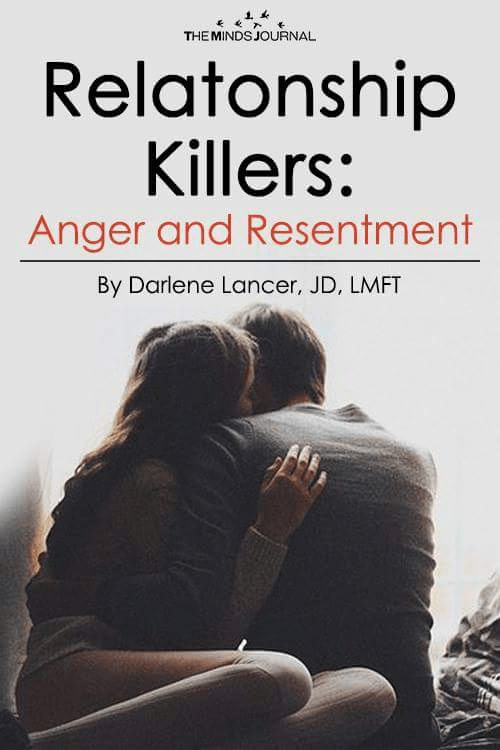
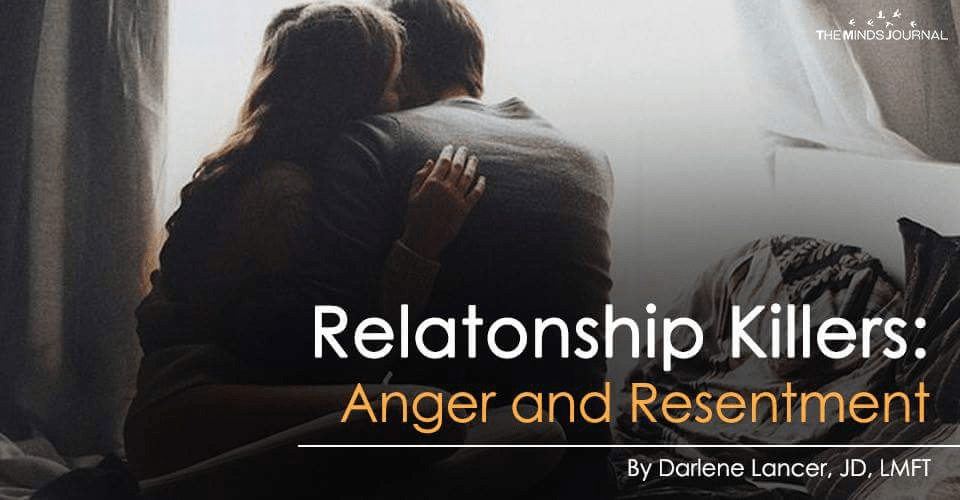



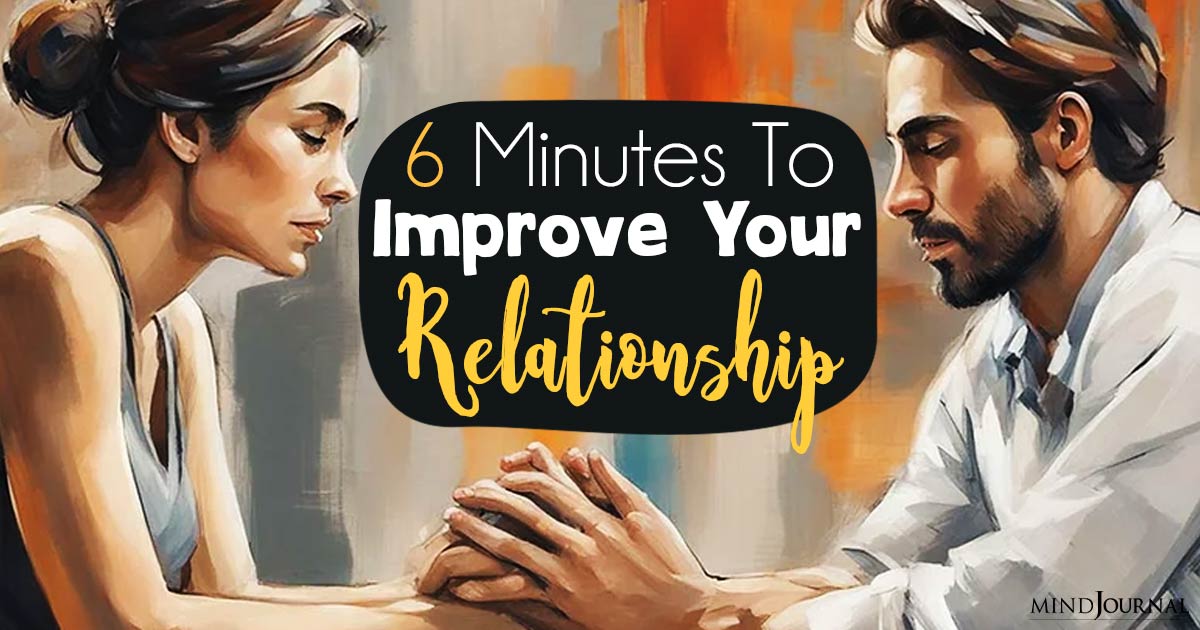
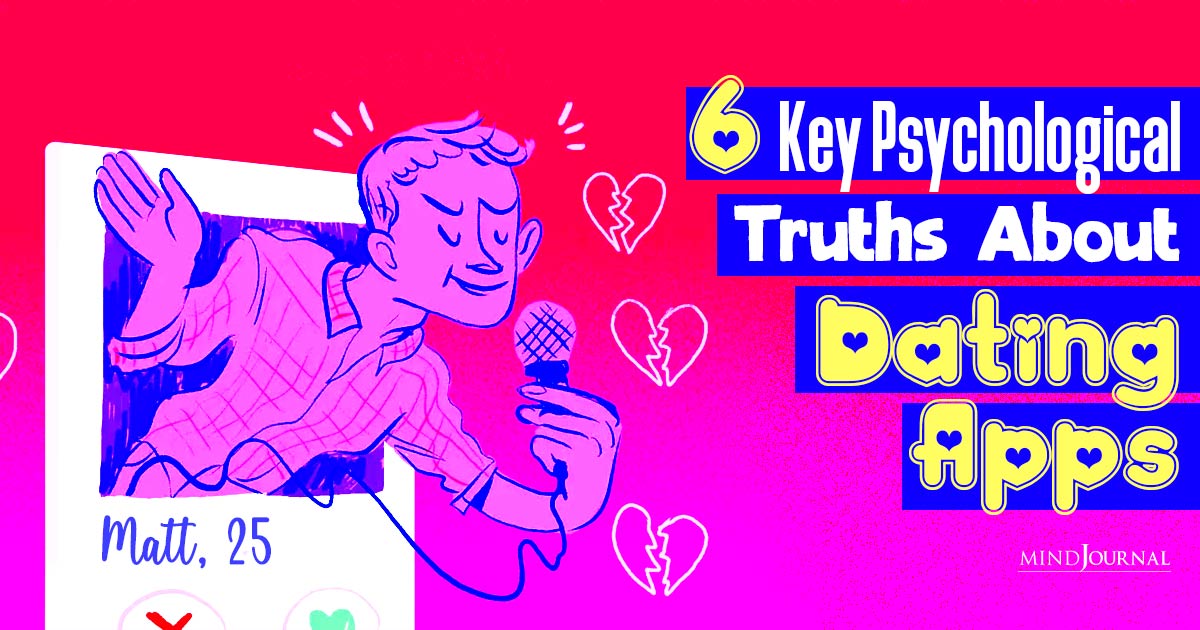
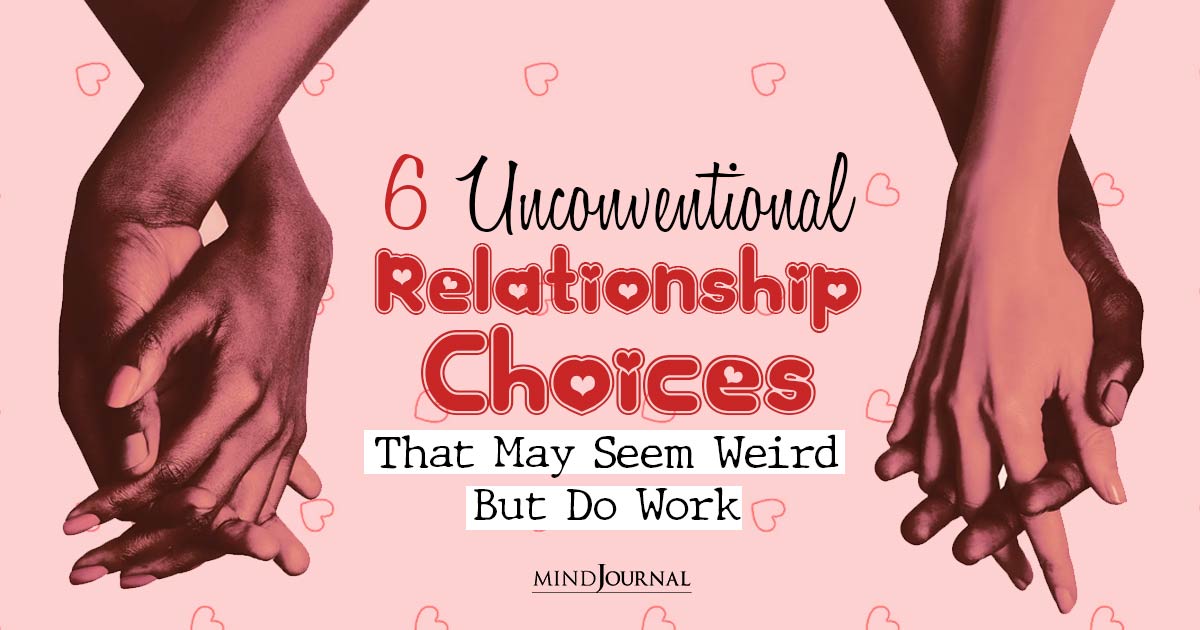
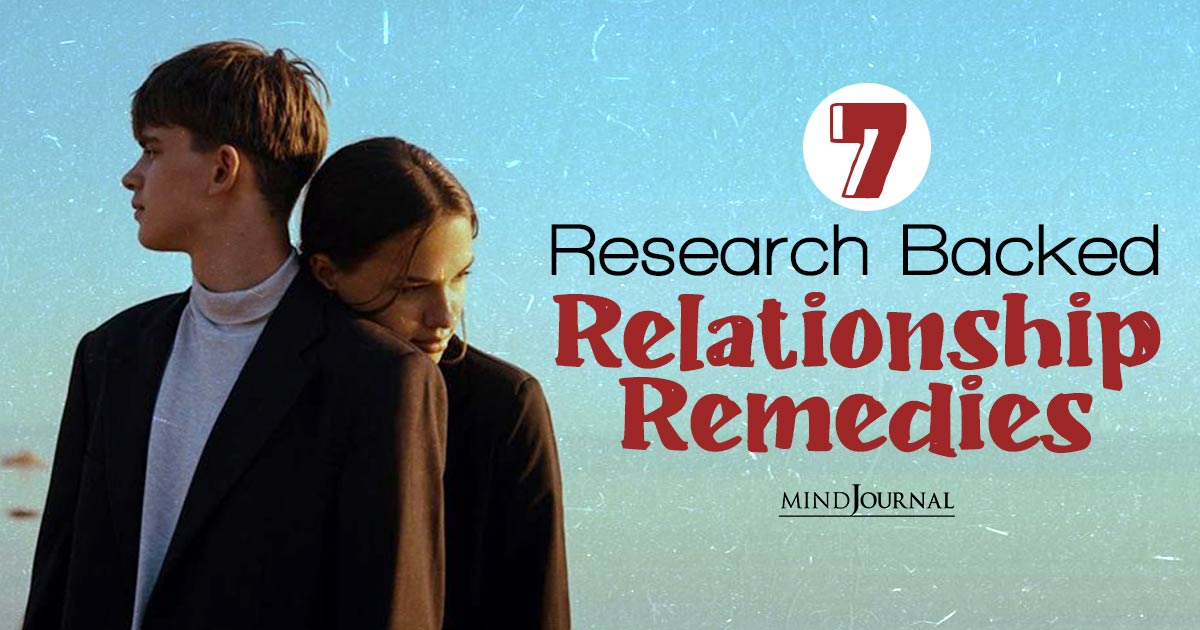
Leave a Reply
You must be logged in to post a comment.